Witches

The most familiar portrayal of mental health struggles during the perinatal period is that of a new mother quietly weeping in her bedroom. In Witches, Elizabeth Sankey disrupts this narrative by pairing intimate personal accounts of the condition with images from horror cinema, from classical Hollywood to modern cult favourites like Robert Eggers’s The Witch (2015). The arrangement of the film into distinct “spells” is an inspired choice, offering viewers brief moments to organise the new knowledge in their heads. However, it is the seamless interweaving of Sankey’s original material with film clips that truly allows the parallels between motherhood and witchcraft to emerge organically, without being overly articulated or implied by the documentary’s cast.
Interviewee Jude Barrington-Smuts’s recount of the haunting moment where she no longer recognised herself in the mirror was poignantly accompanied by a scene from The Haunting (1963), in which Eleanor flees an unseen terror, only to confront her distorted reflection in a small, round mirror in the hallway. Similarly, Catherine Cho’s harrowing experience with postpartum psychosis is mirrored in clips of the demons from different films – effectively amplifying the sense of the unpredictable and varying nature of hallucinations. The tragedy of Dr Daksha Emson, a gifted British physician who took her life and that of her three-month-old daughter during a perinatal psychiatric crisis, is handled with careful consideration. The account from her husband and insights from specialists who learned from her case are initially presented in isolation, and only once the discussion shifts to the state of perinatal psychiatric care in the UK does the documentary incorporate atmospheric clips, leaving room for the emotional weight without overshadowing the information given.
Sankey’s personal reflections on motherhood are equally poignant, particularly her depiction of the “perfect mother” she felt she could never measure up to. The image she conjures – selfless, wholly devoted to her child, effortlessly running the household, and also thin, youthful, attractive and stylish – mirrors the standards championed by the tradwife movement. This cultural trend, steeped in nostalgia for the nuclear family, is inextricably linked to the sense of isolation many interviewees in the documentary described. Sankey’s portrayal of this ideal, illustrated with vintage-style clips – such as a young mother breastfeeding in a field of wildflowers – shows how unattainable and impractical this romanticised vision of motherhood is for most women.
With this in mind, Witches feels almost impeccably timed. While raising awareness about perinatal mental health is always important, Sankey’s documentary resonates uniquely with broader cultural shifts. It aligns eerily with phenomena like the resurgence of mid-20th-century values and the witch-hunt-like scrutiny surrounding motherhood in today’s politics. By rooting these conversations in a rich, woman-centric cultural and historical context, Witches proves to be both timely and timeless.
Christina Yang
Witches is released in select cinemas on 22nd November 2024.
Watch the trailer for Witches here:

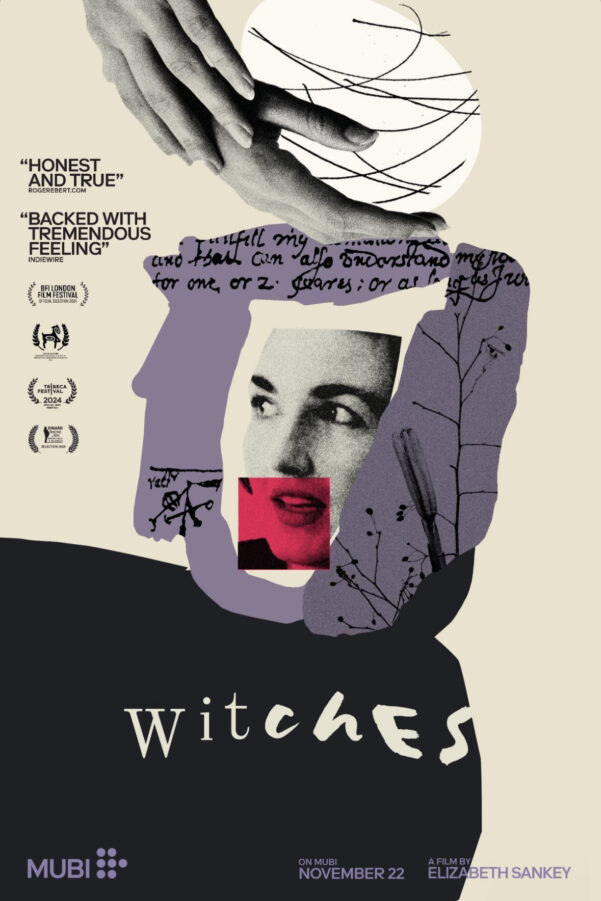
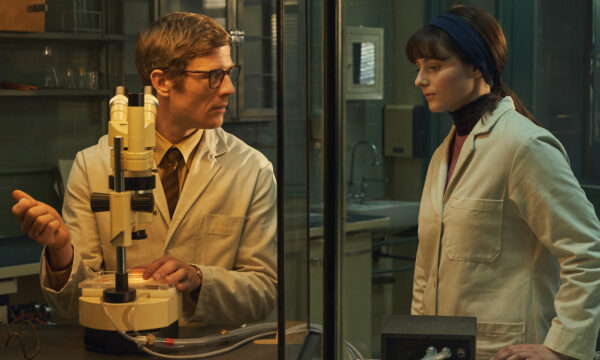
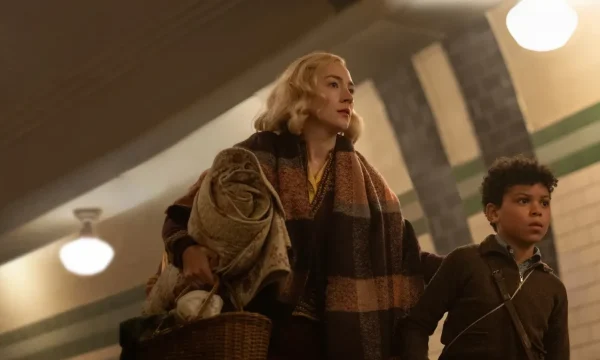

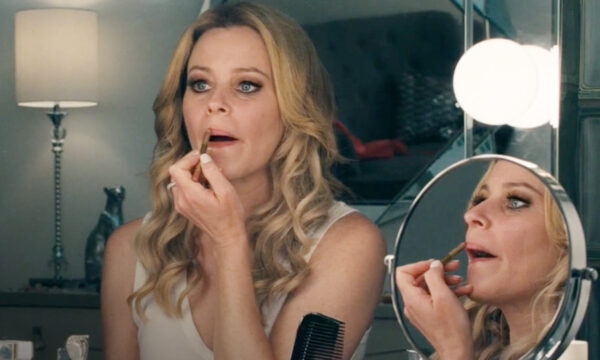
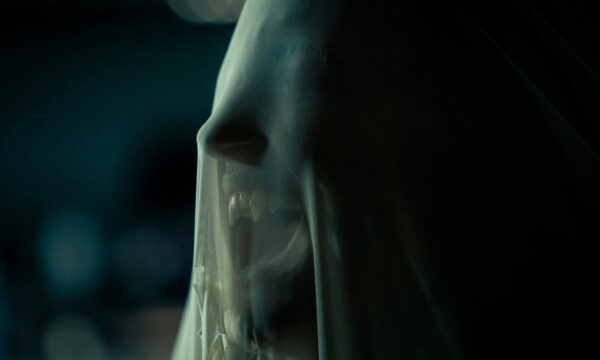



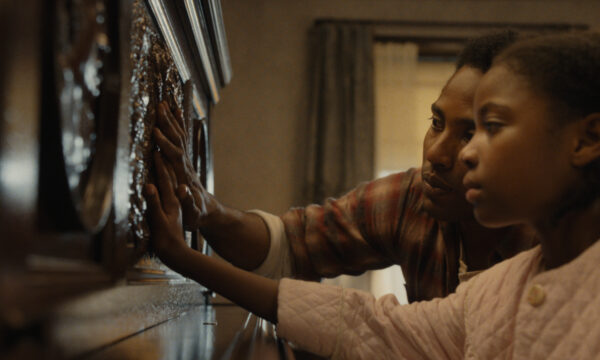










Facebook
Twitter
Instagram
YouTube
RSS